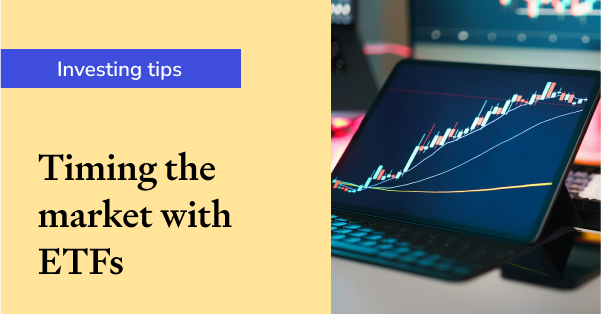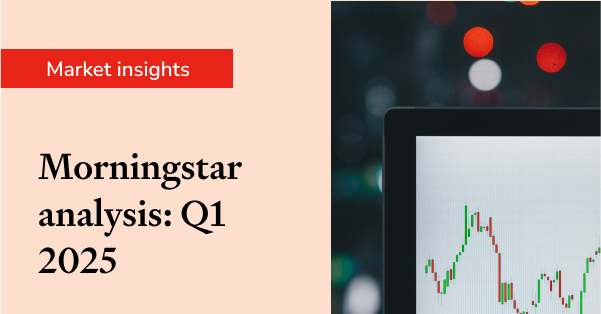Spotlight on the ‘S’ of ESG: The rise of social factors
The integration of environmental, social and governance (ESG) factors is now recognised as a meaningful consideration when analysing long-term investment opportunities. Whilst the reflection on environmental and governance factors remains at the forefront of asset owners' interests, social issues such as health and safety, human rights, labour rights and equality have recently been pushed into the spotlight. Our 2020 ESG Manager Survey showed an uptick in social factors, when compared to the previous years' responses. In this article, we explore the meaning behind social factors, as well as the risks and challenges when assessing these issues.

What’s behind the ‘S’ in ESG?
When investors consider social factors, they analyse how a company manages its relationship with employees, suppliers, customers and the communities it operates in. These considerations can be broken down into internal social factors (such as human capital development, human rights and living wage) and external social factors (like animal welfare, social opportunities and product liability).
Today, we are experiencing a more holistic consideration of ESG factors. This is helped by the rise of process innovation, specific ESG products and a greater attempt to capture metrics and data. While environmental and governance factors have been in focus for a number of years, the coronavirus pandemic, along with the Black Lives Matter movement, #MeToo movement and campaigns for equal pay, have increased the focus on social factors.
We are observing varying levels of sophistication within the investment community towards the greater integration of social factors. There are some clear outliers, both positive and negative, as well as the emergence of best practice principles. As an example, taking care of the workforce can be less tangible and harder to quantify but it is crucial not only reputationally, but for the long-term health of any business.
Social factors pose an increased risk for investors
The coronavirus pandemic has highlighted multiple examples of social failure. Across the globe, a number of companies were exposed as having poor social practices – as well as the opposite, revealing which companies have policies that embody long-term stakeholder values.
Research has shown that taking social concerns into account when investing, especially as part of a comprehensive ESG investing strategy, can protect investments in the long-term. A 2019 study showed that social criteria is important for risk management, with the results emphasising that high social standards could reduce a company’s systematic risk.1
Ultimately, we believe that companies with high social standards can react more robustly to developments such as inflation or periods of economic weakness.
The challenges investors face when incorporating social factors
Despite the clear link between poor social practices and company risk, investors find it more challenging to incorporate social factors into their investment processes. While we are seeing an increase in metrics on how companies are assessed, due to variable data, it is still more challenging to assess a company’s social behaviour than the environmental practices. Currently, there is a lack of accepted practice and global standards for reporting by companies and there are gaps and inconsistencies in how social factors are measured. Additionally, there is no agreement on how much weight to place on these social issues.
For investors, the challenge goes beyond data. One of the key issues in incorporating social factors into an investment portfolio is that social factors have various meanings for different investors. During our 2021 Digital Summit in EMEA, a question was posed “what comes to mind for you, or the pension scheme that you are involved in, when you think of the ‘S’ in ESG?”. The responses showed a wide range of answers, with a large number mentioning diversity & inclusion, labour conditions or gender equality, but there was no clear majority overall.
Asset owners face disintermediation between the time horizon that best suits an individual investor who is considering how to achieve their desired return, and that of their investment managers when selecting companies in which to invest. It is crucial to stretch these time horizons, if pursuing better ESG outcomes and greater alignment with investment outcomes.
Despite these challenges, we believe that the incorporation of social factors in an investment strategy will imitate the path that we have previously seen in the development of environmental considerations. If the collective experience with environmental concerns is repeated with social issues, progression may take a number of years. At some point, we will likely start to see industry standards and frameworks emerge, which will help with an analysis of the issues highlighted.
Looking ahead: Will social factors rise in prominence?
As we look ahead, issues such as human rights, labour standards, and gender equality - and the risks and opportunities they present to investors – will continue to gain prominence. We believe that despite difficulties quantifying social factors, stakeholder-centric issues present real long-term risks for companies.
Asset owners and industry practitioners will also need to take a leadership role and ensure long-term risks associated with ESG factors are consciously considered. A consistent approach in engaging with companies will enable them to take the steps required, both in their own interest as well as in the interests of wider stakeholders.
Disclaimer: The above article is for informational purposes only and does not constitute a product recommendation, or taxation or financial advice and should not be relied upon as such. Please consult with your financial adviser or accountant to obtain the correct advice for your situation.
FURTHER READING

8 ways to use Sharesight's custom groups feature
This blog explains our custom groups feature, including strategies that can help you gain deeper portfolio insights and make more informed investing decisions.

You can time the market – and ETFs are the way to do it
Marcus Today founder and director Marcus Padley discusses timing the market, and how investors can do this using exchange-traded funds (ETFs).

Morningstar analyses Australian investors’ top trades: Q1 2025
Morningstar reviews the top 20 trades by Australian Sharesight users in Q1 2025, and reveals where their analysts see potential opportunities.